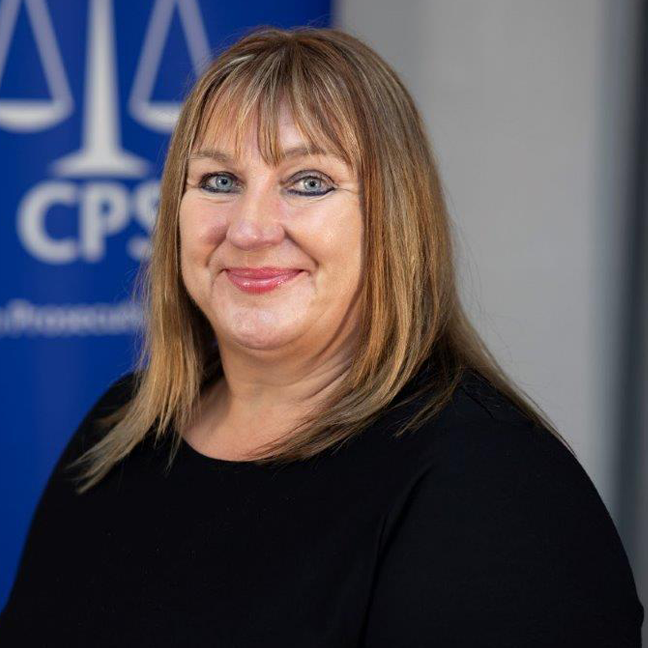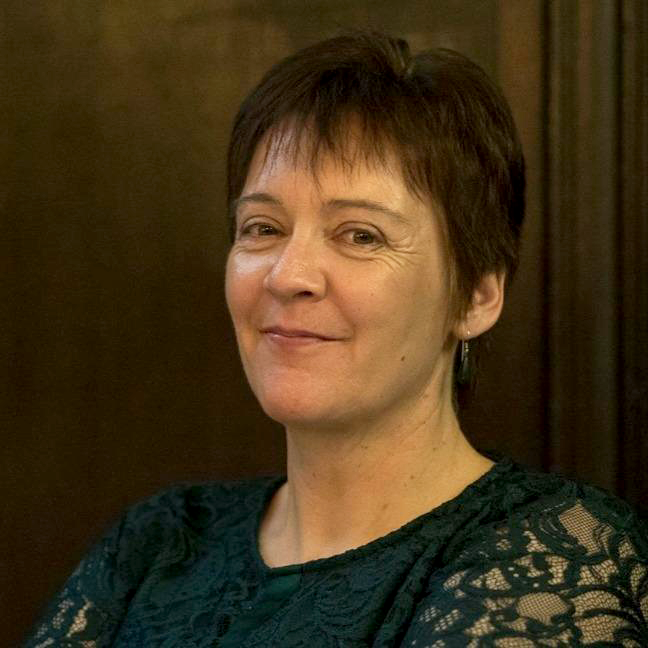Becoming solution seekers:
exploring neurodiversity in the criminal justice system

Suzanne Llewellyn, National Mental Health Lead
Suzanne Llewellyn, National Mental Health Lead
The Crown Prosecution Service (CPS) met with our Mental Health Stakeholder Forum during Mental Health Awareness week for a valuable conversation on neurodiversity in the criminal justice system. The forum brought together the CPS and nine external organisations who shared their perspectives with us. Research suggests that mental health conditions like anxiety are found frequently as comorbidities with neurodivergent conditions. To understand the complexities, we heard from some of our key partners in the criminal justice system.
Every interaction is rehab
We were joined by Dr Annemarie Burns, a Consultant Clinical Neuropsychologist, who presented on meeting the needs of suspects and defendants with Acquired Brain Injuries. Dr Burns has been working with The Disabilities Trust and provided an overview of their research. She emphasised the importance of providing a person-centred approach and supporting people to advocate for themselves. One of the key messages from the presentation was that “every interaction is rehab. Every conversation we have with a person with a brain injury allows us to support them, and to model how to have good communication.”

Dr Annemarie Burns, Consultant Clinical Neuropsychologist, working with The Disabilities Trust
Dr Annemarie Burns, Consultant Clinical Neuropsychologist, working with The Disabilities Trust
Small changes can make a big difference
We also heard from Tracy Hammond from KeyRing on suspects and defendants with learning disabilities and autism. Tracy Hammond highlighted the link between anxiety and autism and talked about providing support to people that need it. Tracy's aim was to inspire people to be solution seekers who recognise that even small changes can make a big difference.
“If we are to treat people with learning disabilities and autism fairly and effectively and do no further harm to them”, she said, “we must meet their needs at every stage of the criminal justice system. Very often this can be done with simple reasonable adjustments, a bit of planning, and good, person-centred communication.”
“In my experience,” she continued, “almost every successfully resettled ex-offender with learning disabilities or autism can name a particular member of staff who recognised their needs and supported them appropriately.”

Tracy Hammond, KeyRing
Tracy Hammond, KeyRing
We also valued hearing from colleagues who highlighted the importance of early identification of neurodiversity, discussed use of terminology and raised important points around intersectionality of gender and ethnicity. We’d like to thank colleagues at The Disabilities Trust and KeyRing for sharing their specialist knowledge and insight. It was great to be joined by colleagues at Catch 22, Transform Justice, National Appropriate Adult Network, Revolving Doors, Together for Mental Wellbeing, Youth Justice Board and Everton Freeschool who contributed to an interesting discussion on the topic of neurodiversity in the criminal justice system.
The forum was a fantastic opportunity to let us hear from others across the sector, bringing in their expertise and building accountability. That’s why these sessions are so important. We look forward to engaging further with partners carrying out important work to look at the intersection of criminal justice and mental health and neurodiversity.